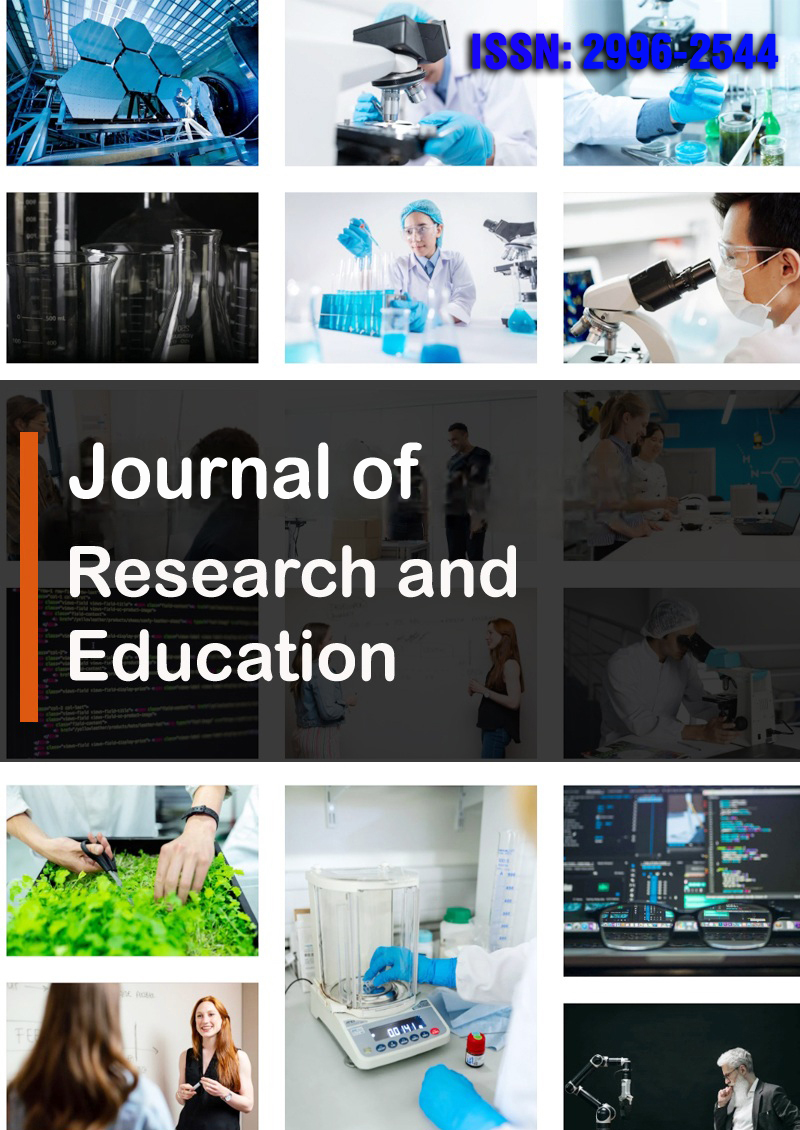The Impact of Academic Procrastination on Students' Performance in Indian School Education Systems: A Special Research Analysis-Vision 2045
Abstract
Xavier Munda, Thangavel and Vinod Kumar Tiwari
The moderating roles of active and passive procrastination on the connection between academic stress and academic performance were examined in this study. Furthermore, results suggested that academic self-efficacy has a moderating role in the association between academic stress and academic procrastination. The study found that academic procrastination acts as a mediating factor between academic stress and academic success. When people experience scholastic stress, active procrastination leads to greater performance, whereas passive procrastination can result in subpar performance. Furthermore, people with high levels of self-efficacy will actively put off tasks. Once someone is aware of the pressures associated with their studies, they must have faith in their skills and take the initiative to achieve positive outcomes [1]. The purpose of this study was to look at the reasons secondary school students in Maharashtra gave for their educational and professional objectives. Following an assessment of pertinent literature based on the study's objectives, research questions were created. In the design of the experimental investigation, one test survey and one pilot study were undertaken. It took place in secondary schools in the state of Maharashtra in 2022–2024. Today's schools struggle greatly with procrastination, which has been linked to mental health problems such as anxiety, stress, and in severe cases, depression. This study aims to investigate the relationship between academic resilience, performance, anxiety, stress, and academic self-regulation [2]. The findings indicated that procrastination and academic self-regulation were inversely correlated. Procrastination was also strongly associated with academic stress and anxiety. Resilience nonetheless acted as a protective barrier against anxiety and stress related to schoolwork. Finally, academic performance was negatively impacted by stress and anxiety, but resilience had the opposite impact. This study may be very helpful to future generations of children to better manage the ups and downs of life, they must receive support in developing emotional self-control, motivation, and self-regulation in academic environments. The sample consisted of 828 questionnaires received out of 1000. For teachers, we delivered 300 questionnaires out of 281 filled questionnaires received. For this study, we adopted the Likert statistical tools to test the hypothesis. This study looked at the connections between procrastination, social anxiety, and resilience in a sample of school students. Students in secondary schools with high and low levels of academic procrastination were found to have significantly different academic achievements. More male students than female pupils procrastinate in their academic work. Academic procrastination among secondary school students was found to have a strong but non-favourable association with academic accomplishment.



